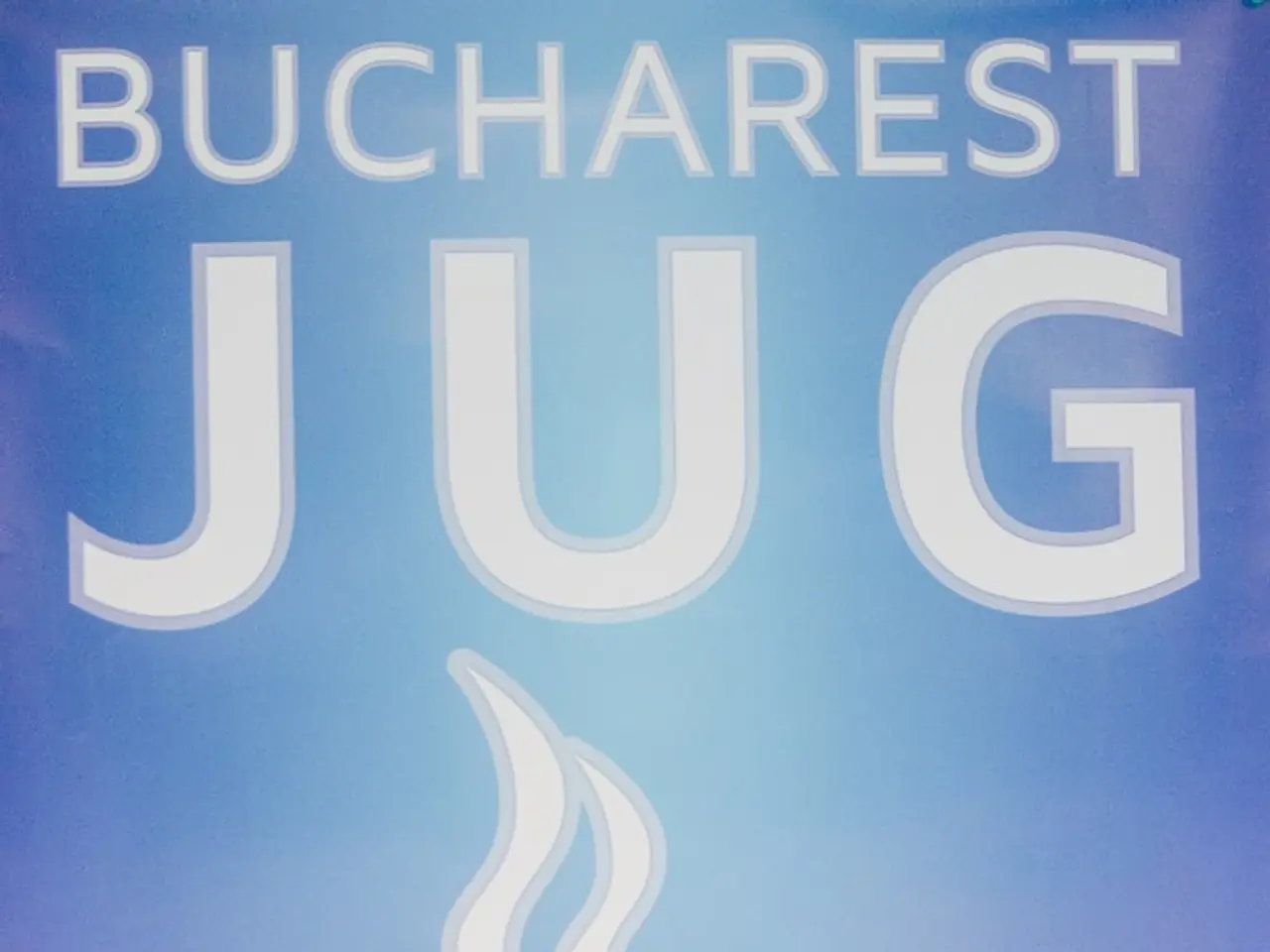Threatens with Fines for Potato Retailer's Refusal to Sell
In the heart of Belarus, fines for retailers lacking potatoes on their shelves could soon be a reality. A fresh bill, tabled by MP Marina Lenchovskaya, is making waves in the House of Representatives. This proposed legislation aims to amend the codes governing administrative penalties.
Recently, a decree was also signed, outlining the specifics of supplying fruit and vegetable products for state purposes. Retail chains might soon become collectors, eligible for preferential loans to stock up on essentials like potatoes, cabbage, carrots, beets, onions, apples, and more.
The decree also notes that inadequate or lack of supply could lead to legal consequences, as per the existing legislation. The proposed bill is set to add a new article to the Code of Administrative Offenses, targeting breaches in supply conditions from stabilization funds. Fines could range from 5 to 12 basic units for individuals and from 20 to 200 for legal entities.
As we delve into the current state of potatoes in Minsk's markets, the news isn't exactly encouraging. Meanwhile, the relevant ministries maintain that sufficient amounts of potatoes have been grown and stored in stabilization funds.
The potato situation has even reached the presidential (and international) level. Vladimir Putin, the Russian President, revealed that Alexander Lukashenko, his Belarusian counterpart, informed him that "all Belarusian potatoes were sold to Russia." Lukashenko then set forth a mission to cultivate enough potatoes to cater to both local needs and those of neighboring countries.
By mid-June, it was no longer a topic of concern to discuss a potato scarcity in Belarus; store shelves were brimming with potatoes, both old and new harvests. This strategy is part of Lukashenko's drive to ramp up potato production, not only to satisfy domestic demands but also to lend a helping hand to Russia, which is grappling with crop damage due to frost in neighboring countries.
Belarus's efforts to boost potato production are strongly motivated by economic and geopolitical factors. They aim to manage inflation by stabilizing food prices, maintain control over the food supply chain, and strengthen their alliance with Russia. The country's recent decision to lift the ban on food imports from EU states might influence the potato supply situation, but the focus remains on bolstering domestic production to ensure self- sufficiency and support neighboring countries.
The proposed bill in the House of Representatives is set to impose fines on legal entities in the industry for breaches in supply conditions from stabilization funds, especially in food-and-drink sectors such as potatoes. In light of the country's focus on boosting potato production, it's evident that the government is keen on maintaining a steady supply of essential items like potatoes, cabbage, carrots, beets, onions, and apples in the lifestyle sphere, including supermarkets and food retailers.




